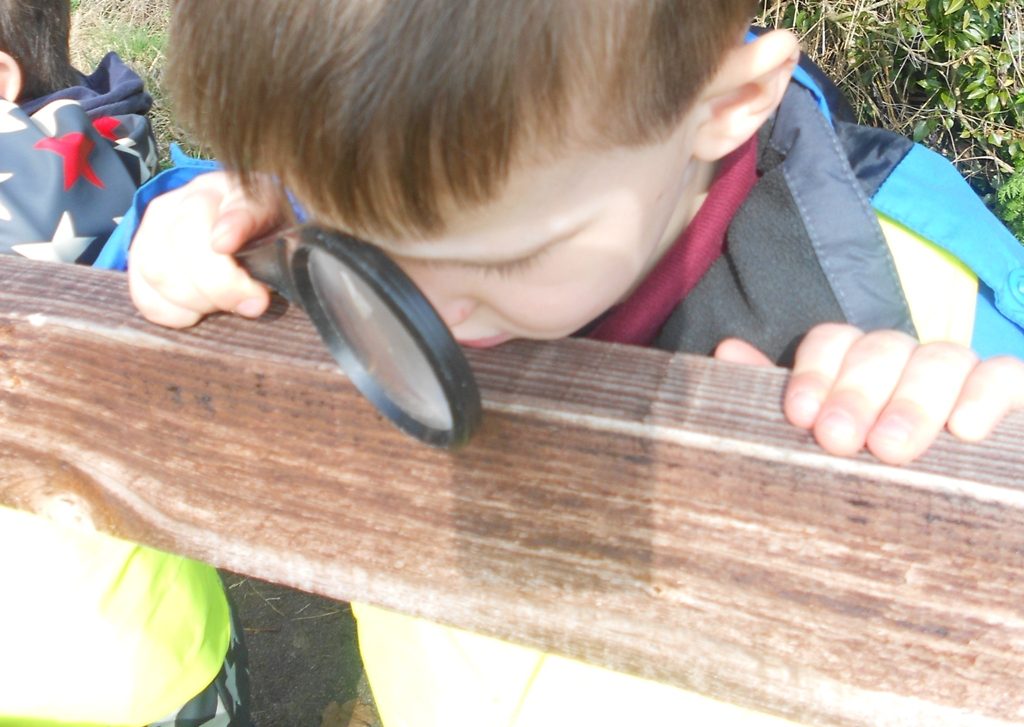Speech development is crucial in effectively communicating with others throughout life, yet how can play influence this?
Play has a massive impact on speech development with some children starting to talk as early as 6 months old. By the age of two, most children have a wide vocabulary of single words and are beginning to use simple sentences to communicate their needs, thoughts, and feelings. Around this time, children are also moving away from solitary play and starting to display social skills through first, parallel play, moving towards cooperative play. However, all stages of play support early language development.
Solitary play occurs when a child is entirely focused on their own play and not interacting with anyone else. This encourages attention and listening skills, supporting the child’s ability to concentrate for a period of time and focus intently. This skill is needed for a child to hold a conversation with others while listening to what is being said. Parallel play is also an important step in building communication skills and enabling children to begin to interact with others without the pressure of playing directly together. Cooperative play further enhances communication, enabling a child to learn from their peers.
Play enables children to practice the language skills they have learnt and build on their expanding vocabulary. Interacting with adults and peers also enables children to refine their speech sounds through listening to others. Interaction is a vital factor in supporting language; children who have limited opportunities for interaction will often have immature speech development. It is important to ensure each child has play opportunities, promoting the opportunity for socialisation with others. Building social development is fundamental in acquiring and encouraging language development.
Imaginative play is a great way to support and enhance speech development; giving children the opportunity to recreate experiences and share ideas with peers. Language will often increase during role play as children can take on a role and pretend to be someone else. This gives them the confidence to use language that they have heard peers or adult use in everyday situations, without the pressure of getting it wrong. Children will develop ownership over their learning and this will support them to build on their language development.
How the outdoors can help children’s speech development
Outdoor play is another great way of building speech development. It has been suggested that children, in fact, learn better outside, with a range of benefits to speech and language development. The outside area provokes a great deal of exploration and investigation skills in young children. This, in turn, provides the basis for questions to be asked about what the child can see, hear, smell or feel; children learn best when using all their senses. Children are also great investigators yet are limited to the knowledge they can gain without adequate communication skills. The outdoors enables children to refine their listening skills while offering an open space for them to project and experiment with their voice.

